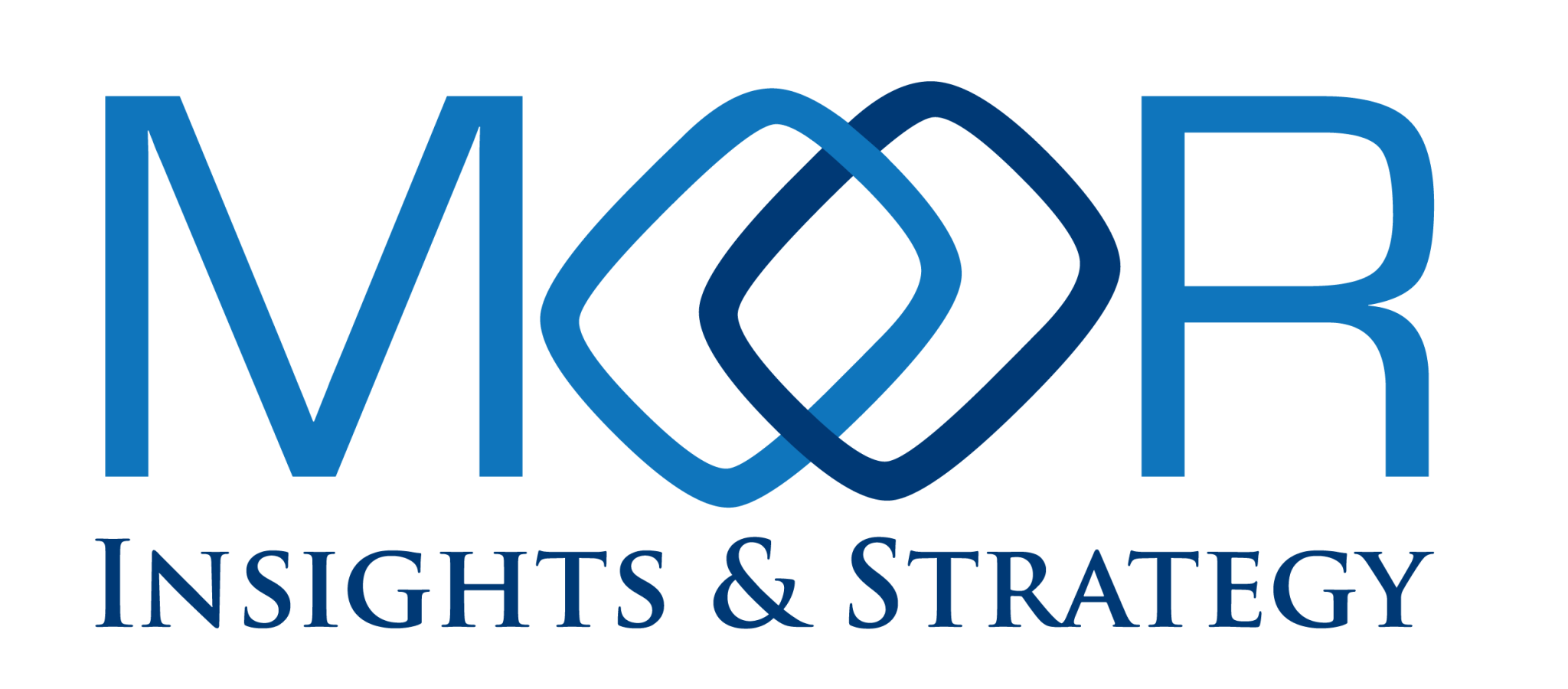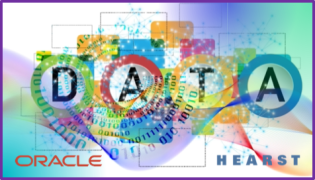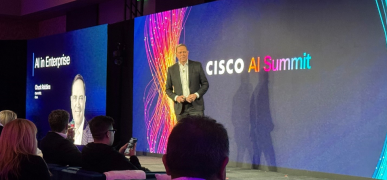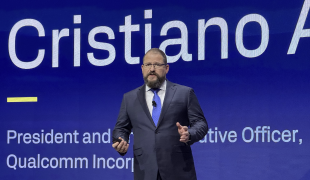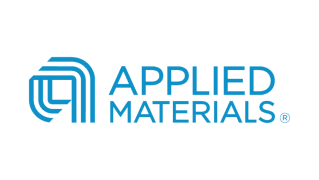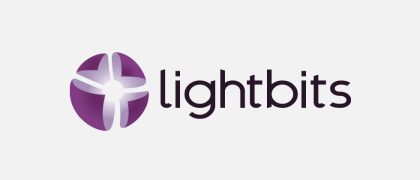OpenText recently announced an expanded partnership with Google Cloud to introduce AI-driven integrations and unlock new data capabilities in Google Workspace. The collaboration will leverage OpenText’s information management solutions and Google Cloud’s AI abilities. Together, the companies aim to accelerate the extraction of data and insights and enhance productivity and customer experiences. The partnership centers on generative AI (GAI) as OpenText helps drive innovation using Google Vertex AI and the Palm2 large language model (LLM).
As I reviewed this announcement from the perspective of my “modern work” coverage area, I was most intrigued by the incorporation of OpenText Core Content, a secure cloud-based content management system, into Google Workspace. For background reading, Patrick Moorhead, Moor Insights & Strategy’s CEO and chief analyst, recently wrote about OpenText’s innovations to accelerate cloud adoption, and I wrote about Google’s AI-powered Workspace. Google made a number of additional AI announcements at this week’s Google Cloud Next event, which I will dig into in another article soon. Until then, let’s look at OpenText and Google’s collaboration to enhance Workspace document management and retrieval efficiency.
Getting to the Core of the partnership
Integrating OpenText’s Core Content management solution with Google Cloud’s Workspace collaborative tools enables Workspace users to explore extensive content repositories managed by OpenText. This allows employees to access, manage and edit documents within their existing work environment. Traditional content management solutions often impose inflexible structures and workflows because of security and governance concerns. But OpenText Core Content increases flexibility while it augments the zero-trust security functionalities of Google Workspace by providing structured, integrated information governance features for compliance management.
When workers can access the information they need without switching between applications, I believe they will be more efficient. Less time toggling between applications searching for information should give them more time to think, collaborate and use the information most effectively. Many companies that have announced AI capabilities within collaboration tools and enterprise content claim to be able to solve the toggle problem, but few have actually done it—or at least not publicly in GA. If Core Content in Workspace delivers as promised, it will be a significant advancement.

OpenText
Recently, I had a chance to talk with OpenText chief product officer Muhi Majzoub about his company’s goals for this partnership. “Empowering knowledge workers is at the heart of innovation, and we’re developing solutions that streamline and elevate the way knowledge workers operate,” he told me. “By expanding our partnership with Google we can strengthen employee connections through enhanced collaboration.” He continued: “Knowledge workers can now create and collaborate while seamlessly managing their enterprise content, including documents, spreadsheets, contracts and scanned images among others. By leveraging OpenText Business Clouds, along with Google Cloud technologies, to tap into customer-trusted data, we’re providing a new solution that helps knowledge workers be better at their jobs and redefines what ‘better’ means.”
Forbes Daily: Get our best stories, exclusive reporting and essential analysis of the day’s news in your inbox every weekday.
As companies embrace the era of AI, upskilling is necessary to fully appreciate AI’s benefits. To help with this, the partnership will call on Tata Consultancy Services (TCS), a Google Cloud Premier Partner with deep experience in upskilling employees during digital transformations. TCS will help OpenText support its customers in implementing the Google Workspace solution by offering workshops and training.
“We want our customers to get the most out of this integration from the beginning and make this process as seamless as possible so that customers can immediately benefit from working smarter with OpenText and Google Workspace,” Majzoub added.
Collaboration on future AI innovations
OpenText is actively developing future AI capabilities for OpenText Aviator on the Google Content Cloud. OpenText Aviator is a family of generative AI capabilities – similar to Microsoft’s Copilot – within OpenText’s Information Management Cloud. OpenText is collaborating with Google through Vertex AI, Google’s unified platform for training, running and managing machine learning (ML) models.
The two companies plan to create additional applications and functionalities as part of the partnership. For example, they want to enable conversational search using chat assistants to facilitate the retrieval of answers and documents across multiple languages.
Wrapping up
Integrating LLMs and generative AI directly into people’s workflows will revolutionize the speed at which employees can access and comprehend documentation. I think this collaborative effort between OpenText and Google can enable individuals to work more efficiently and effectively. More than that, these AI-driven enhancements can significantly boost not only productivity but the overall employee experience.
I look forward to watching further innovations from OpenText and within Google Workspace that allow people to get their work done better in the settings where they are already working. Considering how many people are “toggle-taxed” and burned out, I believe that any AI enhancements and integrations that reduce workplace friction are a win.
